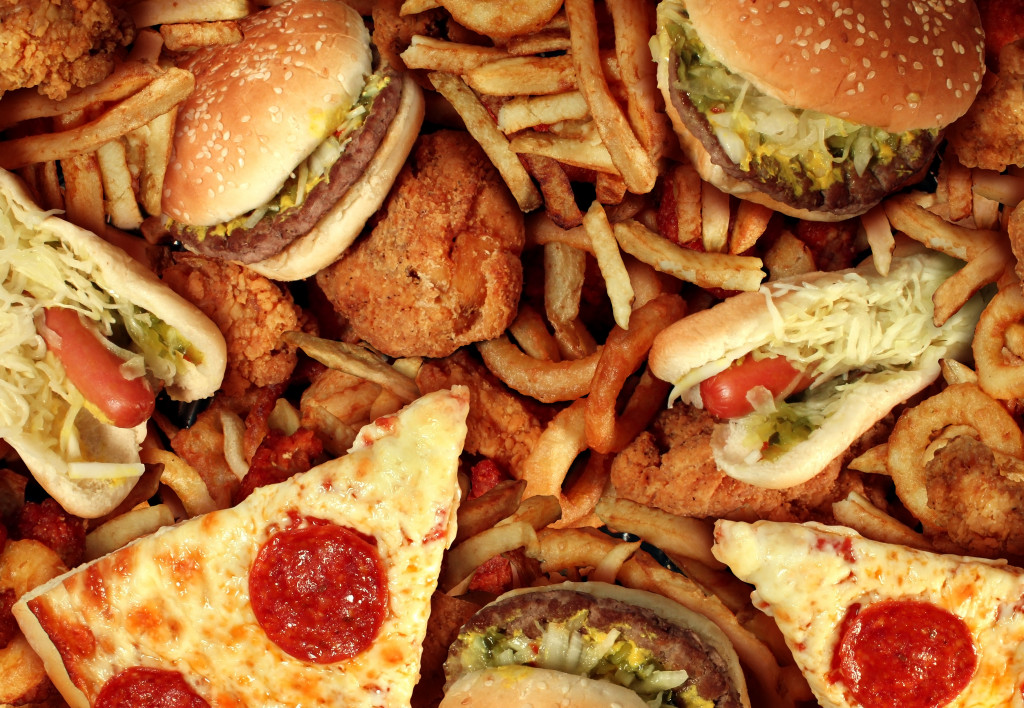Binge eating disorder (BED) is a severe mental health condition that is sometimes misunderstood. It can lead to serious physical, psychological, and emotional problems for those who suffer from it. It’s part of the eating disorder that affects about 9% of Americans. Knowing the signs of BED and how to support someone with this disorder can help make a real difference in their life.
What Is Binge Eating Disorder?
Binge eating disorder is characterized by recurrent episodes of binge eating without compensatory behaviors such as purging or excessive exercise. During these episodes, people with BED will eat large quantities of food quickly and often feel like they have no control over their urge to eat. This type of disordered eating can cause extreme guilt and shame afterward.
Symptoms and Warning Signs
The most common symptom associated with BED is frequent overeating, but there are other indicators that someone may be suffering from the disorder. These include feeling uncomfortable or ashamed about their body size or shape, guilt or disgust after eating, hiding food from others, preoccupation with body weight or shape, avoidance of social situations involving food, and difficulty concentrating on anything other than food or body image issues.
Additionally, BED also leads to oral complications. For example, binge-eating particular acidic food and beverages can lead to tooth damage and loss. This can then lead to oral diseases like periodontitis. That’s why people with the disorder must get a tooth implant to replace any missing tooth. This is to protect their gums and prevent any oral complications.

Risk Factors
There is no known exact cause for BED. However, certain factors can increase your risk of developing this disorder. Let’s examine those risk factors and how they can be managed.
Psychological Risk Factors
The psychological risk factors for binge eating disorder include low self-esteem, difficulty managing emotions, perfectionism, impulsivity, stress, and a history of trauma. People with BED often feel overwhelmed and unable to cope with their feelings or stressors. They may also have an intense fear of failure or an internalized belief that they are not good enough or worthy enough to succeed.
These feelings can lead to binge eating as a form of self-soothing or distraction from difficult emotions. Therefore, it is essential to develop practical coping skills such as mindfulness practices and healthy outlets for emotion regulation like journaling or art therapy to manage these psychological risk factors.
Environmental Risk Factors
Environmental risk factors for BED include exposure to diet culture and body shaming messages from family members or peers. Diet culture teaches us that there is one ideal body type and encourages us to restrict our food intake to achieve this idealized version of ourselves. This can lead to disordered eating behaviors like binge eating as people strive to reach their unrealistic goals despite feeling deprived and unsatisfied with their current appearance.
To combat these environmental risks, it is essential to limit exposure to diet culture by unfollowing accounts on social media that promote unhealthy habits and instead following accounts that focus on health at any size and body acceptance. Additionally, it is essential to practice self-compassion, recognize that no one has the perfect body—including those portrayed in diet-culture messages—and strive for physical health rather than an unrealistic aesthetic goal.
Biological Risk Factors
Research suggests biological risk factors such as genetics may also play a role in developing binge eating disorders. For example, studies show that people who have family members with BED are more likely to develop it themselves compared with those who do not have family members with the disorder. Additionally, research suggests that neurobiological changes in brain chemistry may contribute to binge eating behavior by affecting how we process reward signals related to food consumption (i.e., dopamine). To manage biological risk factors, it is crucial to seek professional help if you think you may be struggling with BED so you can get an accurate diagnosis and treatment tailored specifically for your individual needs from an experienced mental health professional or medical doctor familiar with treating disordered eating behaviors.
Types Of Treatment For BED
The most effective forms of treatment for binge eating disorder involve cognitive-behavioral therapy (CBT) or dialectical behavior therapy (DBT). CBT and DBT focus on helping individuals learn how to manage their emotions, identify triggers that lead to bingeing, and develop healthy coping strategies. Additionally, medication may be prescribed if needed to supplement other forms of treatment.
In addition to these more traditional forms of treatment, you can also make lifestyle changes to help manage your symptoms. Incorporating regular physical activity into your day can help reduce stress levels and boost your mood while making sure you get enough sleep each night will provide the energy needed to stay focused during the day.
Binge eating disorder is a severe mental health condition affecting millions worldwide annually. If you think you or someone you know might be struggling with this disorder, it’s essential to seek professional help immediately to get the support you need to overcome it. Then, with the right treatment plan and ongoing support system, you can successfully manage your symptoms to lead a healthier life.
